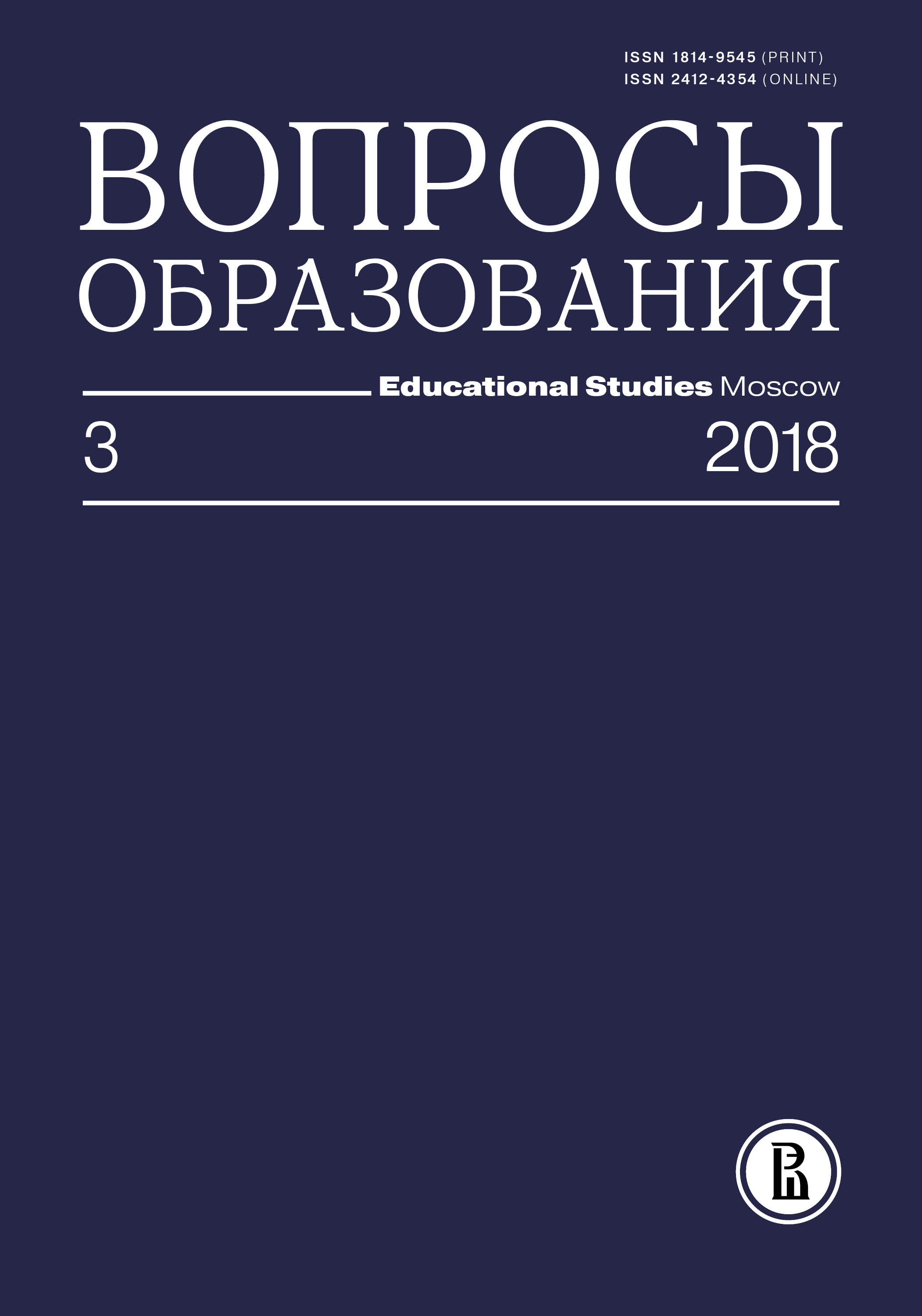Типы родительского участия в образовании, социально-экономический статус семьи и результаты обучения
Аннотация
В статье приведен обзор теоретических моделей родительского участия в образовании детей. На основе соотнесения с типологизацией, предложенной в модели Дж. Эпштейн, эмпирически исследуется вовлеченность российских родителей в школьное образование их детей. Сопоставляются типы участия, характерные для разных социально-экономических категорий родителей, особо выделены семьи с низким уровнем дохода. Показано, что более высокий уровень участия в образовании свойствен родителям, чьи дети достигают лучших образовательных результатов и планируют после школы продолжать обучение в вузе. В исследовании получены данные, подтверждающие наличие образовательного неравенства: дети из малообеспеченных семей имеют более низкие образовательные результаты, чем средние по выборке. При этом высокий уровень участия родителей в образовании нивелирует разницу в успеваемости между детьми из семей с разным экономическим статусом.








